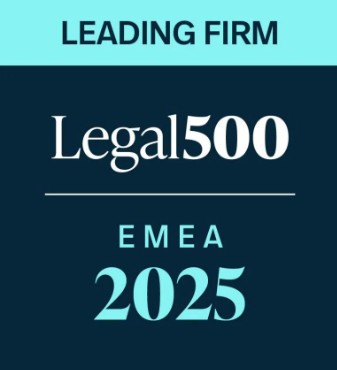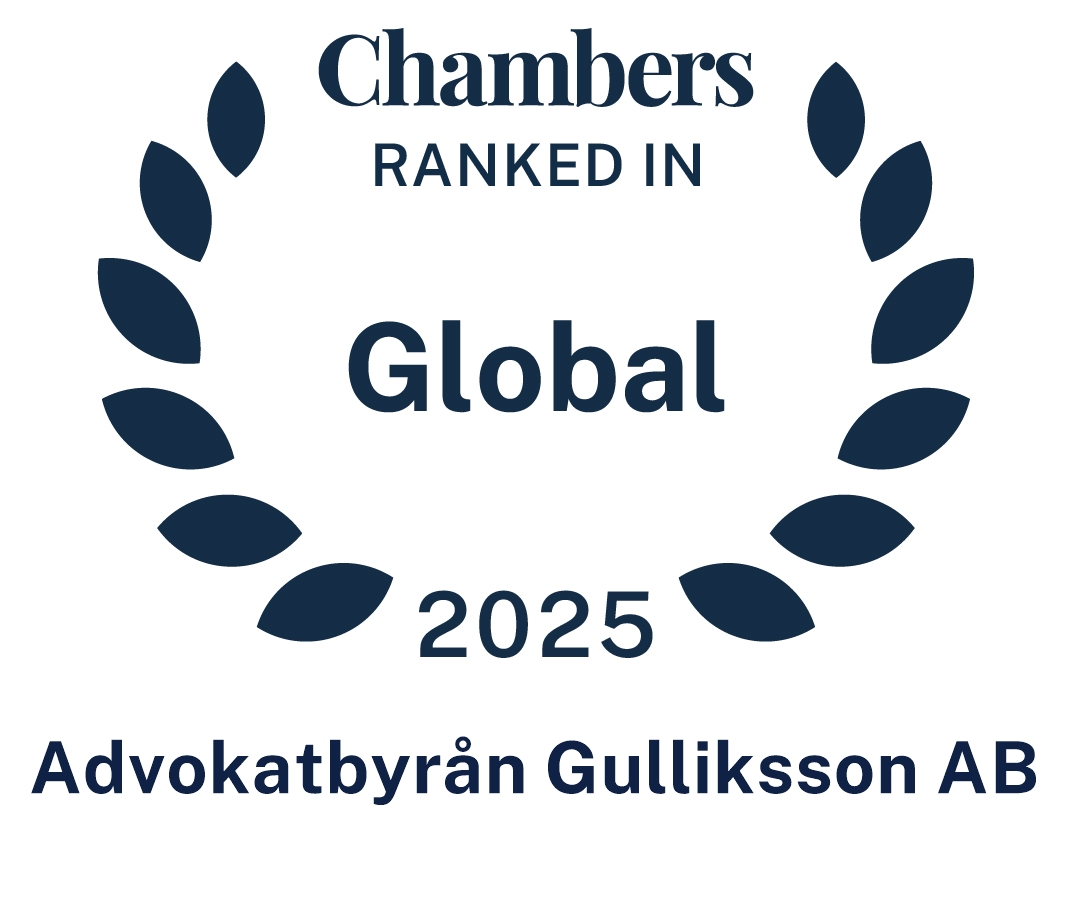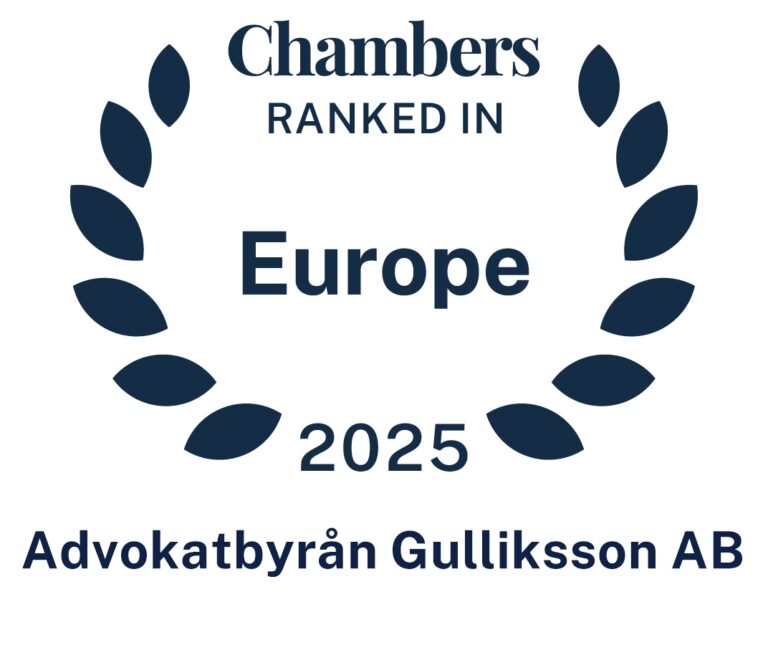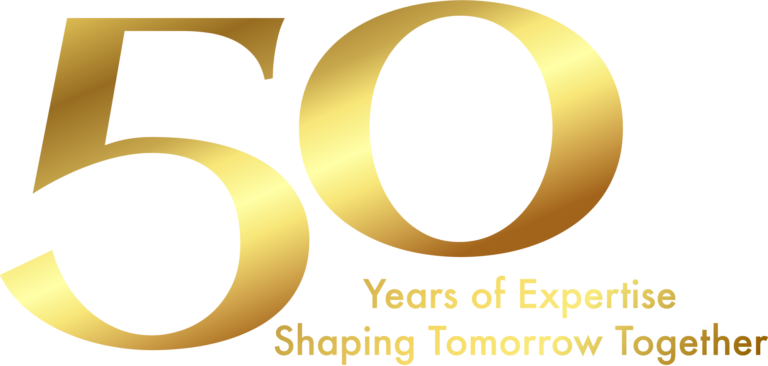Slogans are generally thought to be a tricky beast when it comes to registering them as trademark rights. As both practitioners of intellectual property law and companies that have applied for trademarks in the form of slogans will tell you, it is not always clear where one draws the line in terms of what slogans can and cannot be registered.
Guidance can be found in EU case-law however, and last year the EUIPO published a Case-law Research Report[1] specifically concerning the distinctive character of slogans. The report is a compilation of case-law from the General Court, the Court of Justice and the Boards of Appeal, with the aim of identifying and analyzing the relevant news and trends when it comes to slogans. The goal of the report was to contribute to the consistency and predictability of decisions concerning slogans as well as to increase knowledge, awareness and transparency on their distinctiveness.
To give a short introduction to the legal framework in regards to the distinctive character of slogans it can first of all be stated that slogans may undeniably be registered as trademarks. The term ‘slogan’ is not specifically mentioned in the EU Trademark Regulation (EUTMR) or in the Trade Mark Directive, however, both the EUTMR and the Directive place the following restrictions on trademark registrations in general:
- Article 7(1)(b) EUTMR states that a trademark shall not be registered which is devoid of any distinctive character.
- Article 59(1)(a) EUTMR states that an EU trademark shall be declared invalid where the EU trademark has been registered contrary to the provisions of Article 7.
- Article 4 of the Trade Mark Directive states that a trademark shall not be registered, or that it should be declared invalid, if it is devoid of any distinctive character.
Beyond the EUTMR and the Trade Mark Directive, the EUIPO Office’s Guidelines also deal with absolute grounds for refusal in relation to slogans[2].
What we find is that the same general principles in determining distinctiveness for trademarks in general, also apply to slogans. As such, it is important to remember that the assessment of the distinctive character of slogans is not subject to stricter standards than the assessment of other types of trademarks. With that said, if one is to break down how slogans may function as trademarks, it must first be determined what slogans actually are.
As a general rule, slogans are signs consisting of advertising communications, which usually convey a promotional message in connection with the designated goods and services. It may however be a bit more difficult to establish distinctiveness for slogans than for other categories of marks. The following circumstances play into the assessment of slogans in particular:
- The average consumer is usually not used to making assumptions about the commercial origin of products based on promotional slogans.
- The level of attention of the consumer is generally low when it comes to promotional slogans.
- As a slogan only conveys abstract information about the goods and services, it is less likely that the consumer will take the time to ponder whether the slogan might also indicate a commercial origin, beyond its purely promotional meaning.
The factors of assessment
So how do we go about determining if a slogan can be registered as a slogan or not? To start off, it is important to stress that a mark cannot be refused registration solely on the ground that it is a slogan. The Court of Justice stated in the case Vorsprung durch Technik[3] (meaning ‘Advance or advantage through technology’) that ‘the mere fact that a mark is perceived by the relevant public as a promotional formula, and that, because of its laudatory nature, it could, in principle, be used by other undertakings, is not sufficient, in itself, to support the conclusion that that mark is devoid of distinctive character’.
What we can gather from this is that a slogan may function both as a promotional formula and as an indication of the commercial origin of the goods and services.
The following non-exhaustive list of factors may serve to establish distinctiveness for a slogan:
- it has number of different meanings;
- it constitutes a play on words;
- it introduces elements of conceptual intrigue or surprise, so that it may be perceived as imaginative, surprising or unexpected;
- it has some particular originality or resonance, and/or triggers in the minds of the relevant public a cognitive process or requires an interpretative effort;
- it has unusual syntactic structures and/or linguistic and stylistic devices such as alliterations, metaphors, rhymes.
It is however important to underline that none of the above-mentioned factors automatically mean that the mark is distinctive. For example, the fact that a slogan has a number of meanings does not automatically mean that it is distinctive. On the other hand, even if a slogan is not a play on words, it is not necessarily devoid of distinctive character. An overall assessment still has to be made in each specific case.
In Vorsprung durch Technik the Court of Justice took into account that the presence of several of the above mentioned factors gave the sign a sufficient degree of distinctiveness for it to be registered as a trademark. The Court explained that a mark can be perceived by the relevant public both as a promotional formula and as an indication of the commercial origin of goods or services. The fact that the mark is perceived as an indication of that origin and at the same time understood – or perhaps even primarily understood – as a promotional formula does not mean that it lacks distinctive character.
However, this does not mean that any promotional phrase can be registered as a trademark simply because it is presented in the form of an advertising slogan. It still has to be able to act as an indication of the commercial origin. This has been confirmed in a number of cases.
In the case Best Buy II[4], the Court of Justice ruled that the consumer would perceive the signs at issue exclusively as an indication of the advantageous relationship between quality and price not at all as an indication of commercial origin.
In the case Wir machen das besondere einfach[5] (meaning, ‘We make the special simple’), the court confirmed the principle that if the public perceives the mark as an indication of the commercial origin, the fact that the mark is at the same time understood – or even primarily understood – as a promotional formula, does not mean that the mark lacks distinctiveness.
In the case La qualité est la meilleure des recettes[6] (meaning, ‘Quality is the best recipe’) it was further clarified that a slogan that is perceived as nothing more than a promotional promise or a marketing incitement means that the slogan is devoid of distinctiveness.
In summary, it is not sufficient for a mark to be refused as non-distinctive if it is perceived as a promotional slogan or, even, primarily as a promotional slogan. What has to be established for a refusal is that it will be perceived merely as a promotional slogan and, therefore, incapable of performing the function of distinguishing goods and services. Only if this ‘second’ trade mark meaning will not be perceived by the public at all can the mark be refused a non-distinctive.
The principle laid out in Vorsprung durch Technik has later been applied on a number of recent cases[7], which all stand as examples of a consistent application of the abovementioned factors in determining distinctiveness in slogans.
For example, the following marks have been found to lack distinctiveness (non-distinctive):
- Moins de migraine pour vivre mieux (meaning ‘Less migraine for a better life’)
- Create delightful human environments
- We’re on it
- GoClean
On the other hand, the following marks have been deemed to have sufficient distinctiveness (distinctive):
- Wet dust can’t fly
- Love to Lounge
- It’s like milk but made for humans
Conclusions
The following conclusions can be drawn from the above mentioned principle and the consistency that has followed in EU case-law:
- As a general rule, a slogan cannot be registered when the relevant public perceives it as a mere promotional formula. On the other hand, a slogan can be registered when the relevant public perceives it simultaneously as an indication of the commercial origin of the goods or services in question.
- As such, a mark shall not be refused as non-distinctive simply because it will be perceived as a promotional slogan or, even, primarily as a promotional slogan. What has to be established for a refusal is that it will be perceived merely as a promotional slogan and, therefore, incapable of performing the function of distinguishing the commercial origin of the goods and services.
- A slogan can generally be registered as a trademark if it is capable of setting off a cognitive process in the minds of the relevant public which makes it easy to remember and thus to distinguish the applicant’s goods and services from those that have a different commercial origin.
There is no doubt that it has historically been somewhat hard predetermine the registrability of one slogan compared to another. The principle set out by the Court of Justice, alongside the new EU case-law, will however thankfully make it easier for both practitioners of trademark law and companies to determine whether a certain proposed slogan should be accepted as an indication of the commercial origin, or if it should be refused as a mere promotional formula. Time will tell if this will lead to more attention-grabbing slogans being applied for in the future.
[1] Case-law Research Report – The distinctive character of slogans, Board of Appeals, October 2021
[2] EUIPO Guideline – Part B, Examination, Section 4, Absolute Grounds for Refusal, Chapter 3, Non-distinctive trade marks (Article 7(1)(b) EUTMR), Point 4, Slogans: Assessing Distinctive Character
[3] 21/01/2010, C-398/08 P, Vorsprung durch Technik
[4] 13/01/2011, C-92/10 P, Best Buy II (fig.)
[5] 13/04/2011, T-523/09, Wir machen das Besondere einfach
[6] 08/07/2011, R 1798/2010-G, La qualité est la meilleure des recettes
[7] 08/07/2020, T-696/19, Moins de migraine pour vivre mieux, 13/05/2020, T-49/19, Create delightful human environments, 13/05/2020, T-156/19, We’re on it, 30/06/2021, T-290/20, Goclean (fig.), 22/01/2015, T-133/13, Wet dust can’t fly, 15/09/2017, T-305/16, Love to lounge, 20/01/2021, T-253/20, It’s like milk but made for humans






